Two of Nguyen Thuc Khiem's works. Photo courtesy
In the early decades of the 20th century, Nguyen Thuc Khiem collaborated with Nguyen Dinh Nghi (from Hung Yen ) to revive the art of Cheo. He is considered one of the two greatest Cheo writers to appear in the early 20th century. Among his more than 40 published works, the most notable are the Cheo plays: "The ant that sued the potato", "The mouse fell into the rice jar", "Raising a friend instead of a husband", "Tong Tran Cuc Hoa", "Kieu Van ky tac", "Trat trong noi the", "Nghia boc bao chu"... He also wrote poetic stories: "Qua phu ngam", "Su tich Mac Dinh Chi", "Tam hop uyen uong", "Chuyen dong tien Van Lich", "Trang Khieu", "Trang Lon" and many other songs.
In the first three decades of the 20th century, there were two large theaters in Hanoi, namely San Nhien Dai Theater (now 50 Dao Duy Tu) and Quang Lac Theater (now 8 Ta Hien). These two theaters attracted many famous actors and actresses from the North, Central, and South to perform, but in the years 1920 - 1925, the tastes of the capital's theater audience were influenced by Western civilization and the new cultural flow of "European wind, Asian rain". The classic ancient Cheo plays such as Quan Am Thi Kinh, Luu Binh Duong Le, Truong Vien... with talented artists playing the roles were still no longer attractive to the audience. The ancient Tuong plays such as Son Hau, La Bo, Dieu Thuyen, Triet Giang Phu A Dau... were also no longer attractive. In that situation, the appearance of Nguyen Thuc Khiem and Nguyen Dinh Nghi was like a savior. The two men became effective collaborators and created a trend of innovation in theaters in Hanoi in the early 20th century.
Being knowledgeable about traditional Cheo, but knowing very well that the urban audience at that time liked the stage to be lively, fun, and humorous, Nguyen Thuc Khiem adapted the Cheo and ancient Tuong plays into new plays. Still the old plays, but he added melodies from other arts for fun, creating a new type of Cheo called Cai Luong Cheo. With the success in attracting urban audiences to the theater with Cai Luong Cheo, Nguyen Thuc Khiem was the pioneer in bringing Cheo from folk to the professional stage.
Nguyen Thuc Khiem is not only a stage playwright with genres such as cheo, tuong, cai luong, spoken drama, and poetic drama, but he is also a stage critic with many sharp articles. When collaborating with two major theaters in Hanoi, he is not only an author and director, but also directly plays and prompts plays.
At San Nhien Dai theater, Nguyen Thuc Khiem's popular plays such as "Oan be Thi Kinh", "Noi long khong thi", "Chau Long toan bich", "Chuot sa chinh gao", "Cai kien ma sue cu khoai"... were a strange phenomenon of Hanoi theater in the quiet years.
At Quang Lac theater, Nguyen Thuc Khiem was not only a playwright for the theater but also a real actor with the role of Lord Nguyen in the play “Nguyen Lord Assists Hoang”. Also at Quang Lac theater, he played the role of Mr. Tu reciting poetry and singing in response in the play “Old and Young Together in One Love”...
Born into a patriotic family, burdened with national debt, Nguyen Thuc Khiem soon sought out activities to oppose the protectorate government. He was one of the pioneers participating in the "Revitalization of the People's Intelligence" movement in Hanoi. With his strengths and talents in composing in the direction of innovation, his works had a direct impact on encouraging patriotism and hatred of the enemy. His reformed operas, such as "The ant that sued the potato", "The mouse fell into the rice jar"... delighted the Hanoi audience with their profound and timely lyrics and had the effect of encouraging the people to oppose the protectorate government. Of course, his activities did not escape the eyes of the French secret police, who sent people to follow him and he was closely pursued.
In 1931, right after the performance of the play “Keu troi gian oan”, Nguyen Thuc Khiem and Nguyen Dinh Nghi were both arrested. Later, thanks to the intervention of some officials in Hanoi and the bribes of theater owners, they were released but placed under house arrest by the colonial government. To monitor him, the protectorate government sent a Vietnamese spy to follow and closely follow Nguyen Thuc Khiem. This spy twice used poison to poison him and his family, but both times were unsuccessful.
Although he was assassinated twice by French secret agents, his patriotism and anti-invasion passion could not be shaken. He continued to participate in activities in the "Cultural Revival" movement and wrote stage plays, and continued to perform on stage. The protectorate government then ordered Nguyen Thuc Khiem to be banned from composing, expelled him from Hanoi to his hometown, and placed him under house arrest by the colonial government because: "The old Cheo boss Ly Nghi (ie Nguyen Dinh Nghi), the old playwright Nguyen Thuc Khiem listened to the communists' instigation and wrote Cheo plays calling for opposition to the protectorate government."
In 1940, Nguyen Thuc Khiem returned to Thai Binh to work. In his hometown, Nguyen Thuc Khiem organized plays and continued to compose cheo plays with content criticizing the traitors, encouraging the spirit of fighting against the French colonialists. At the same time as composing and organizing performances, he went to many places to propagate and encourage anti-French activities in different forms and was arrested for the second time. The French colonialists charged him with "opposing the protectorate government", sentenced him to life in prison, imprisoned him in Hoa Lo prison (Hanoi) and then exiled him to Son La prison. Tu Khiem's two sons who followed their father in fighting against the French were also imprisoned by the French colonialists. The eldest son was Nguyen Bach Nhat, the third son was Nguyen Bach Tam, all three father and sons were charged with "opposing the protectorate government" and were political prisoners exiled to Son La. Bach Nhat and Bach Tam were enlightened and admitted to the Communist Party right in Son La prison. Nguyen Thuc Khiem was imprisoned with prisoners with “lucky numbers”, which is the symbol for prisoners serving two life sentences. In the dark prison, Nguyen Thuc Khiem still sang cheo and recited poems to encourage the prisoners to keep their will.
In 1943, Nguyen Thuc Khiem committed suicide in Son La prison. In the work “Artist-patriot Nguyen Thuc Khiem” (Culture Publishing House - 1996), author Le Thanh Hien recorded the memories of Pham Hoc Hai (1903 - 1996): “When he was assigned to the Hanoi court as a judge and then chief justice, he had to deal with many work relationships, and had an acquaintance with the bachelor Nguyen Can Mong, a native of Thai Binh province, working in the press office of the Governor General of Tonkin. One day, he came to my house to see me cautiously, expressing his wish to ask me to grant amnesty to my uncle’s younger brother named Nguyen Thuc Khiem, who had been imprisoned in Son La prison for 5 years. Now he was old and weak, hearing the news that he was seriously ill, it would be difficult for him to last for many months in the harsh wilderness of the wild and poisonous water. I suddenly received news of Mr. Khiem without understanding the reason. Before, in Hanoi, we were close to each other, and I had never heard Mr. Khiem say that his uncle’s younger brother had passed the imperial examinations and worked well with the protectorate government, which was also a surprise. The old man must have seen me worried, so he continued to hesitate and said: “Our parents have both passed away. I am the head of the family, but he is angry that I have collaborated with the French, and we have broken off our brotherly relationship and will not be able to communicate with each other anymore. Now I ask you to help me get through this important matter and restore our brotherly relationship.” The old man was a scholar who was good at literature at one time, and he asked me to help him save his younger brother from prison. He and I had been close friends before, so how could I not accept his help? It was truly a misfortune that never comes singly. The report from the Son La prison warden that was sent to the court by the governor, I read it and read it, with a section: “Call prisoner Nguyen Thuc Khiem up and force him to write a pledge that: He has been pardoned and will return to his hometown to live, repent, and not form a secret group against the protectorate government. Without writing, he broke his pen, tore the paper, threw it on the table, then stood up, stepped back, and hit his neck hard against the stone wall behind him, killing himself.”
In 2006, Nguyen Thuc Khiem was posthumously awarded the title of martyr by the State and in August 2016, was recognized by the State as a revolutionary activist before January 1, 1945. His two sons, Bach Nhat and Bach Tam, were imprisoned until the August Revolution of 1945, then joined the Vietnam People's Army and participated in the resistance war against the French.
Source: https://sovhttdl.thaibinh.gov.vn/tin-tuc/trao-doi-nghiep-vu/nguyen-thuc-khiem-tac-gia-cheo-kiet-xuat-chi-si-yeu-nuoc-kie.html


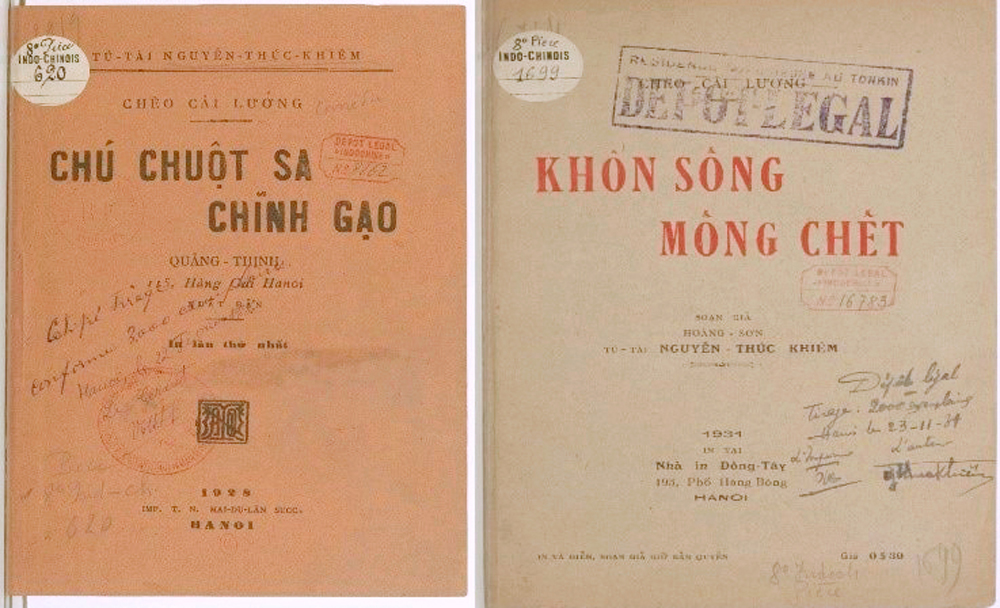

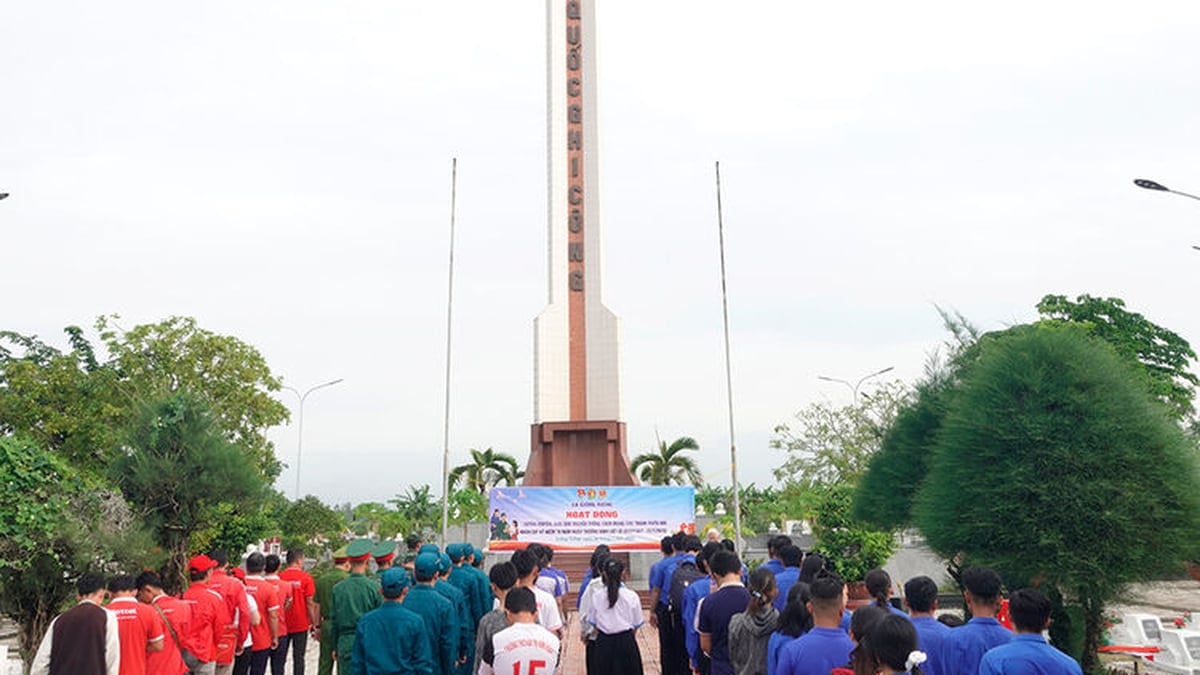
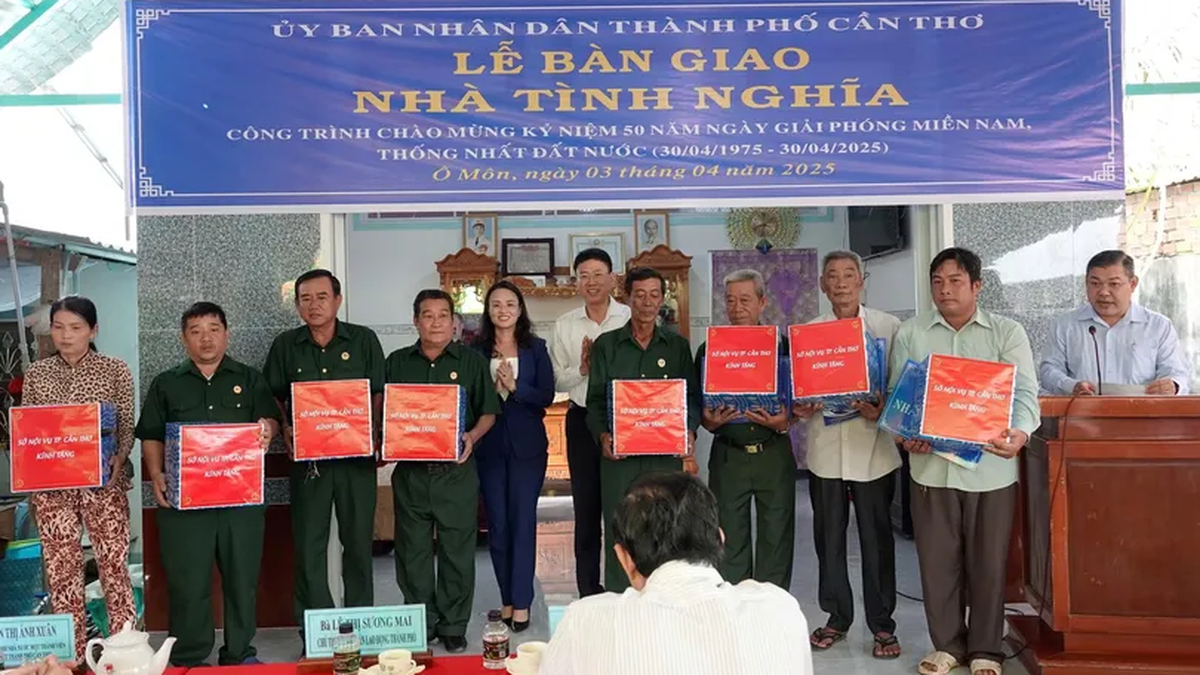
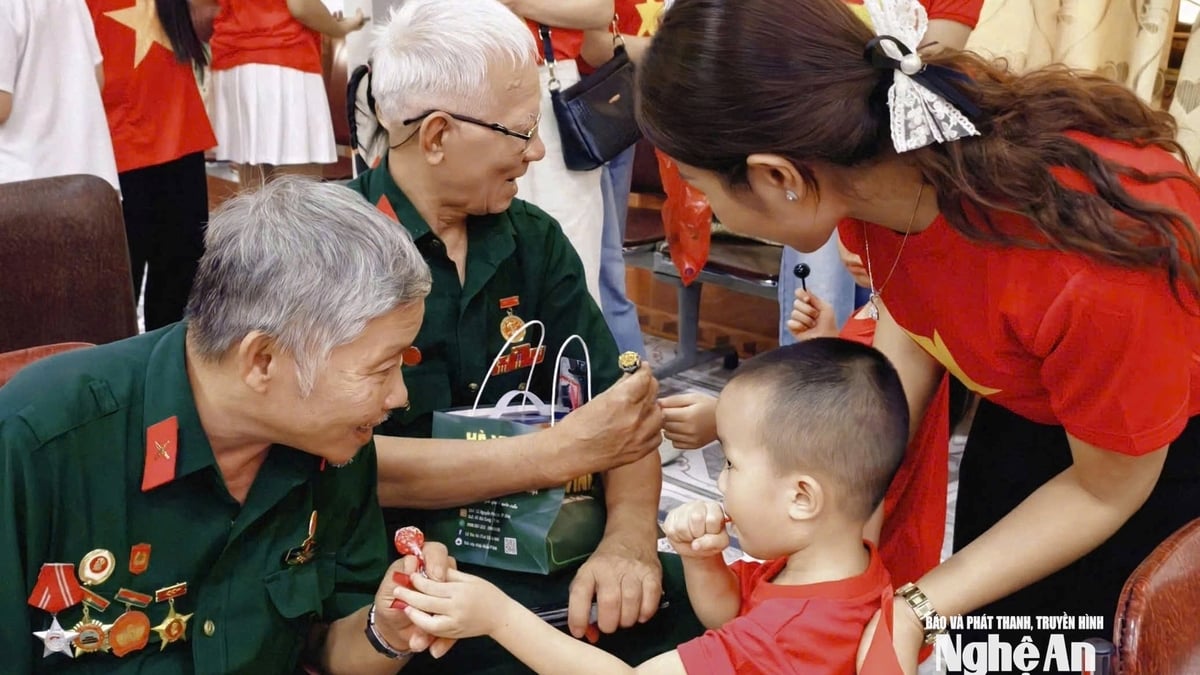
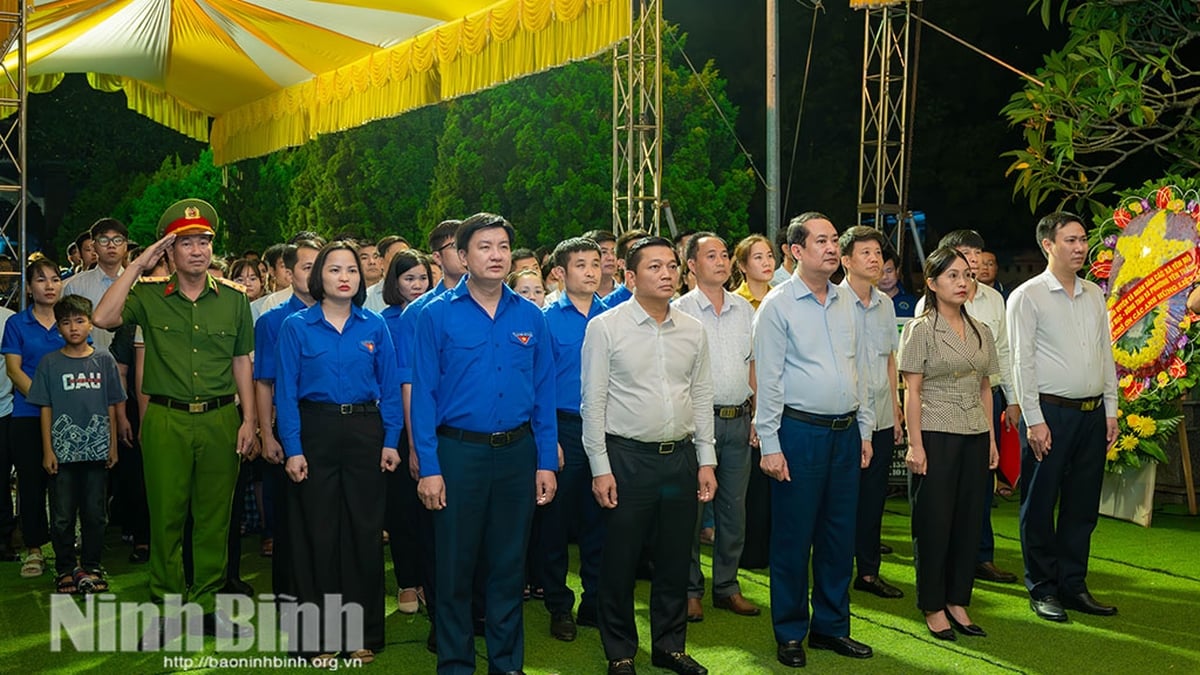
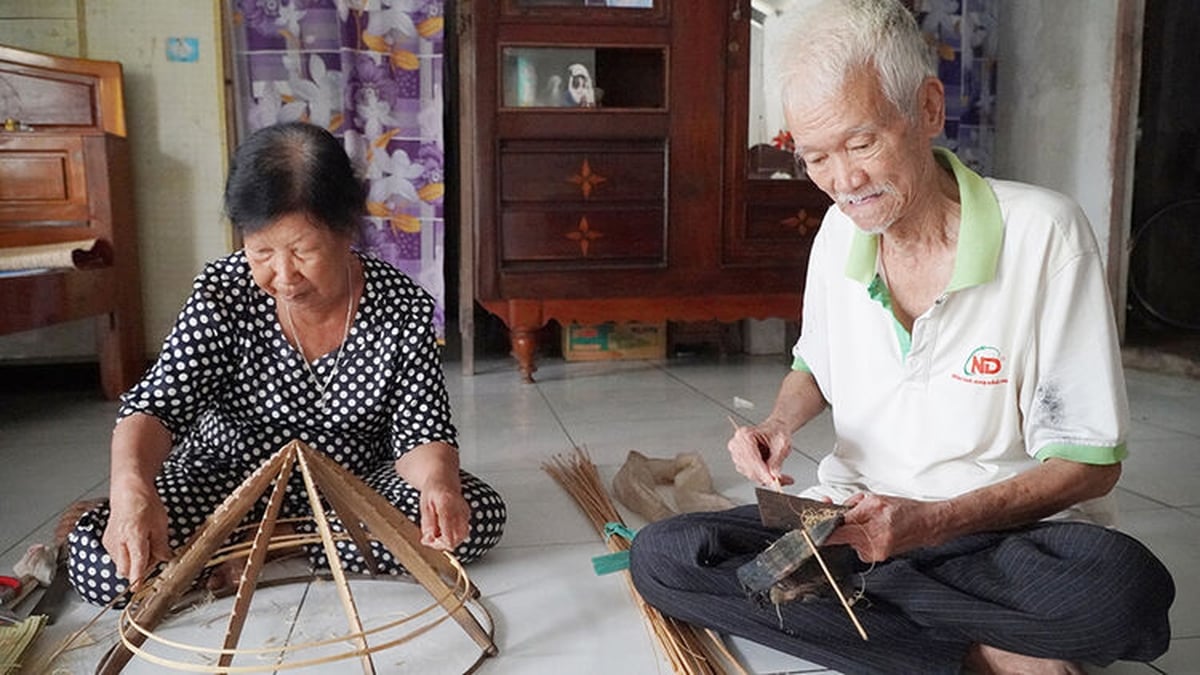
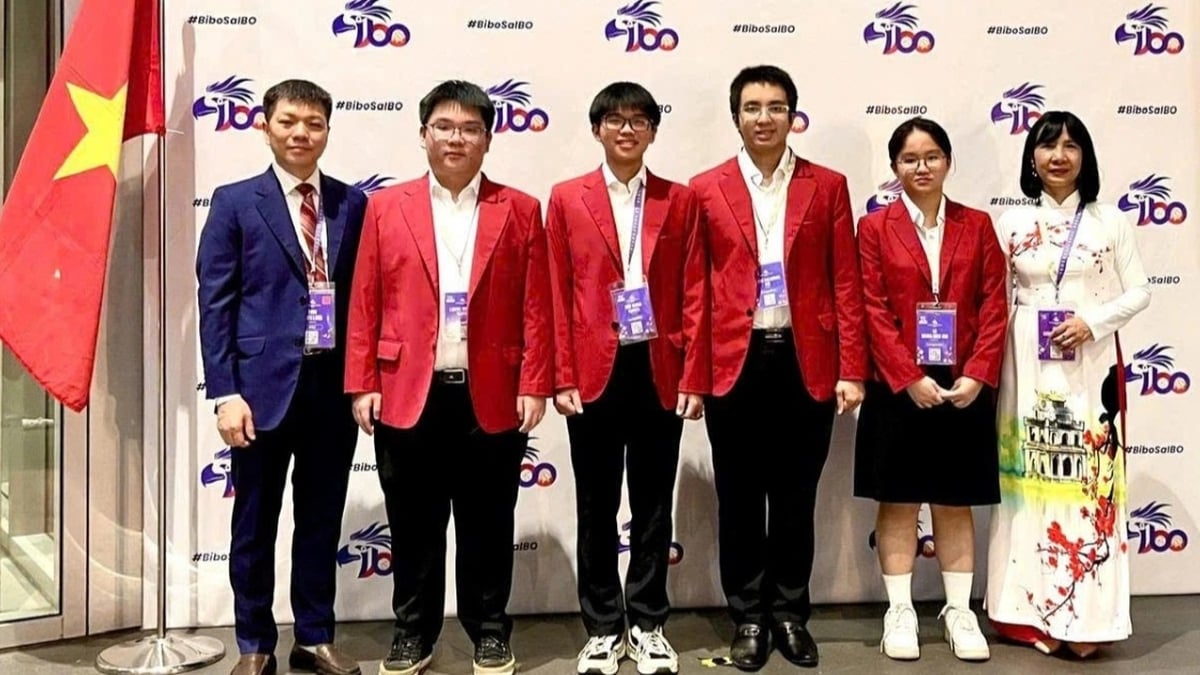
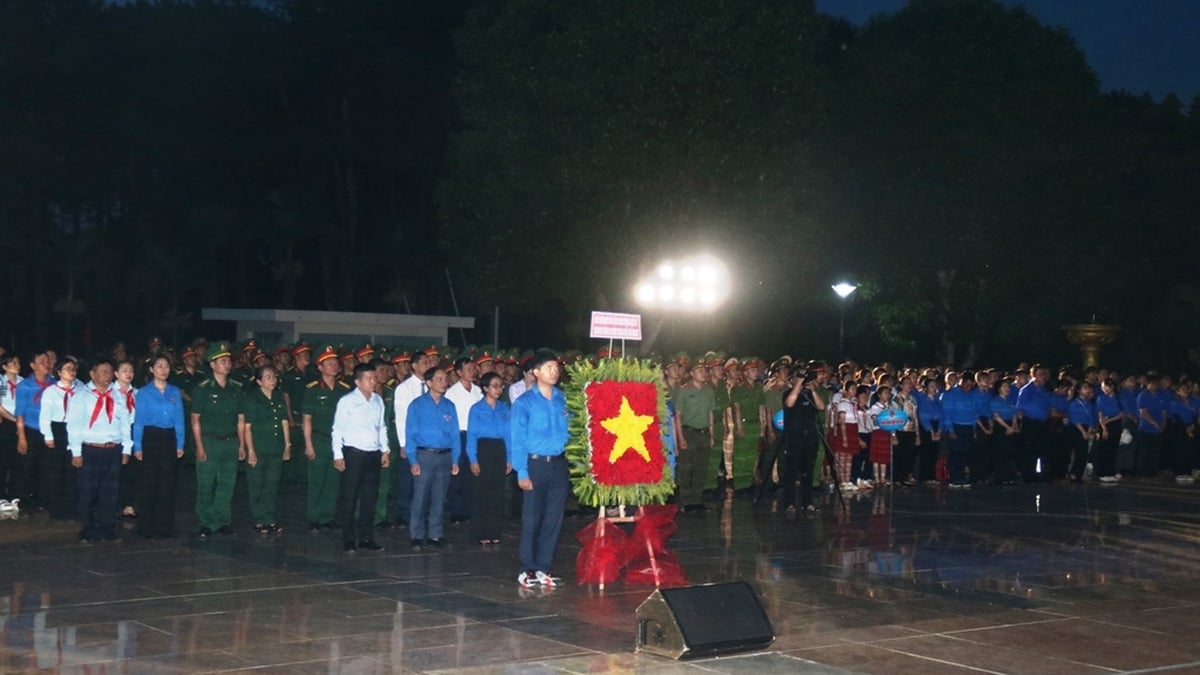
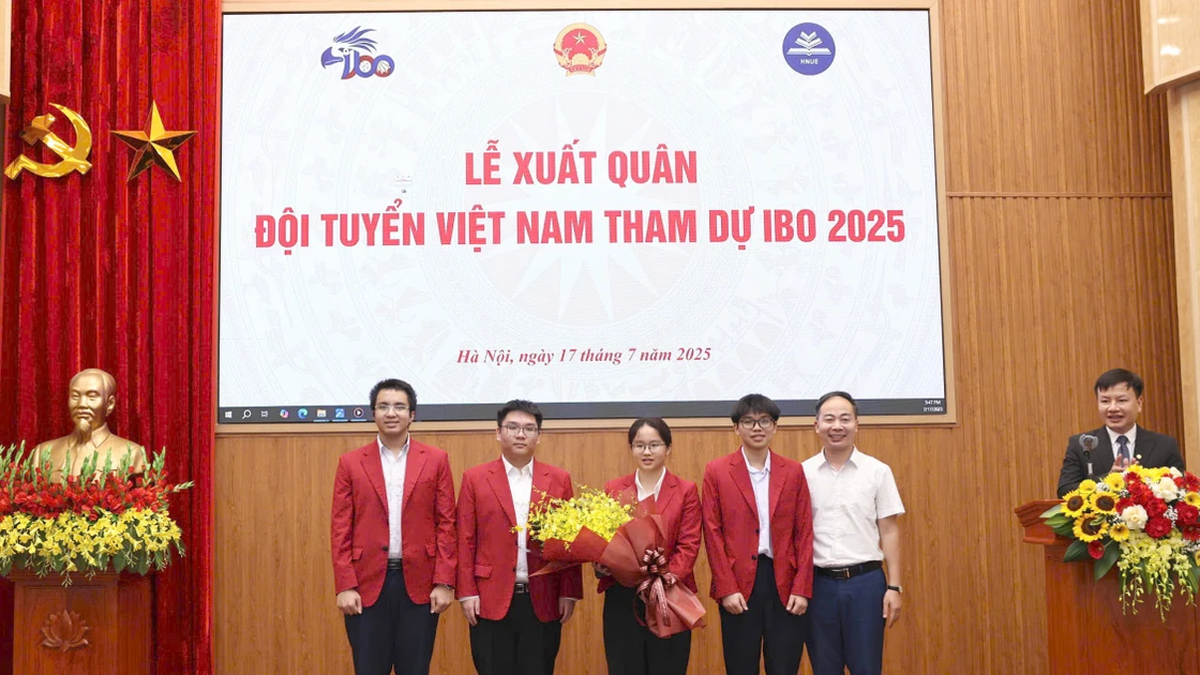






















































![[Photo] National Assembly Chairman Tran Thanh Man receives Chairman of Morocco-Vietnam Friendship Association](https://vphoto.vietnam.vn/thumb/402x226/vietnam/resource/IMAGE/2025/7/26/b5fb486562044db9a5e95efb6dc6a263)



































Comment (0)